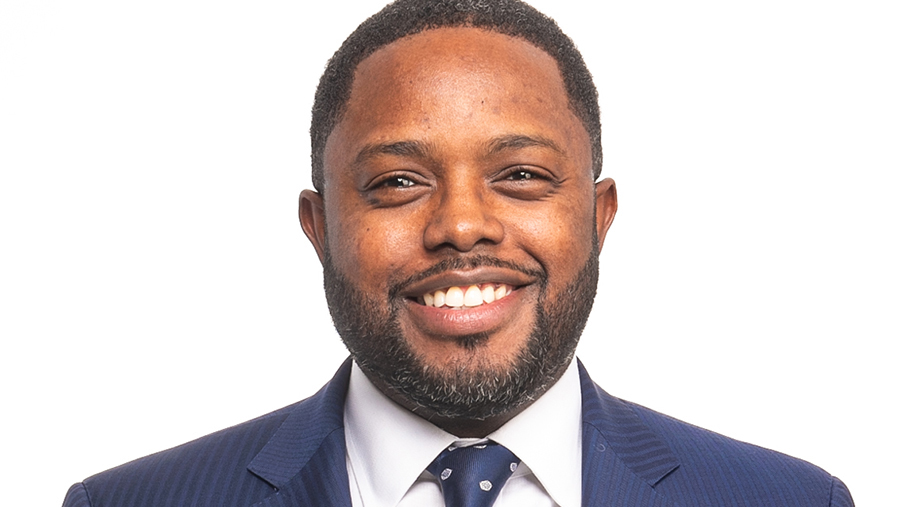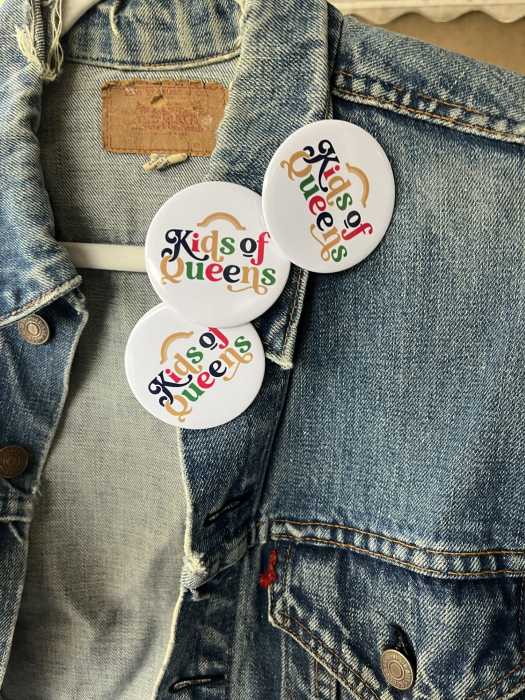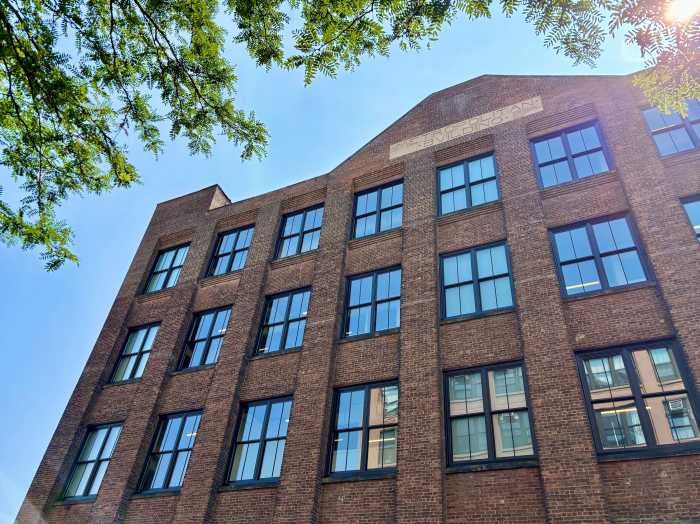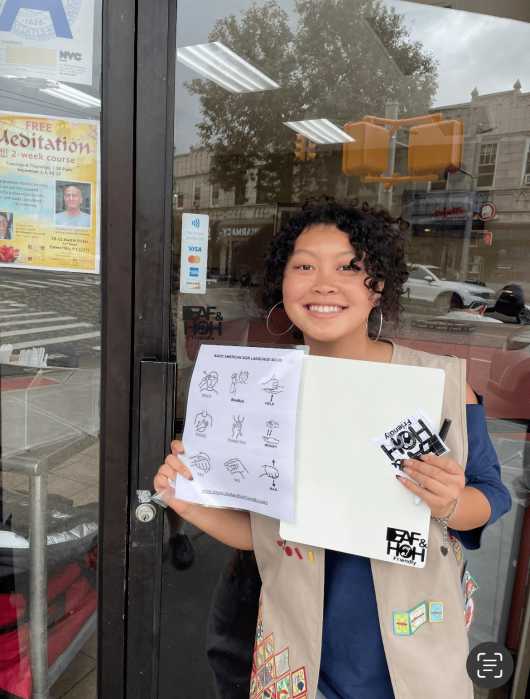Jonnel Doris is starting his tenure as the new Small Business Commissioner at a crucial time for small businesses in Queens and New York City as a whole.
After taking over the role from Gregg Bishop — who will serve as senior adviser for small business COVID-19 recovery — about a week ago, Doris told QNS supporting small businesses in every community is at the front of his agenda.
“The challenges that small businesses face every day are the same challenges that they face now, but these challenges are so much more acute and so much more real because of the environment that we’re in,” Doris said. “And so we are going to deepen our reach, particularly in communities that are underserved, and ensure that we are making sure our resources are being distributed out to them in an equitable way.”
Prior to his role as SBS commissioner, Doris led the Office of Minority and Women Owned Enterprises, the first of its kind in NYC’s history. There, he helped Minority Woman-Owned Business Enterprise (MWBE) get certified and navigate the city’s processes, which totaled 9,800 firms and $14.6 billion investment within four years.
And before that, he was the chief diversity officer for the Governor’s Office of Storm Recovery (GOSR), a $4.4 billion program that reached 36 counties. He managed seven programs, including the Minority and Women Owned Business Enterprise, Fair Housing, Equal Opportunity, American Disabilities Act and Limited English Proficiency programs.
When de Blasio announced Doris’ new role on May 11, he asked him to start from scratch. When asked what that means for SBS, Doris noted that COVID-19 has completely upended the way they do business and conduct their outreach.
“We normally did most of our work in person, and when you do business and training, they were generally in person — but we’re in a new era,” Doris said. “So most of what what we’re doing is being done remotely.”
SBS has a number of services for small businesses and job seekers. Most of their work consists of helping small businesses understand paperwork and apply for funds and loans to continue operating or start an enterprise. According to Doris, they have about 40 lenders they work with throughout the year, and last year they connected businesses to $70 million worth of funds.
In an effort to help small businesses during the COVID-19 pandemic, SBS is managing two relief programs: NYC Business Continuity Loan Fund and NYC Employee Retention Grant.
But SBS recently came under fire when state Senator Jessica Ramos and Councilman Costa Constantinides sent a letter to the mayor and SBS after they learned most of their COVID-19 assistance has gone to businesses based in Manhattan.
The lawmakers called on the city to refocus their efforts to help shops outside of Manhattan, as businesses in Queens and other boroughs are suffering just as much from the economic crisis.
SBS has given 293 businesses the NYC Business Continuity Loan Fund, which makes up $16.7 million of the $20 million program. For the NYC Employee Retention Grant, they’ve approved 3,200 businesses, or $23.4 million of the $40 million program.
As of May 13, Manhattan-based shops have received approximately 54 percent of the grants, followed by Brooklyn with 24 percent, Queens with 17 percent, and Staten Island and the Bronx with 3 percent each, according to SBS.
For the loans, Manhattan again leads with approximately 60 percent of loans going to their small businesses, followed by Brooklyn with 21 percent, Queens with 12 percent, Staten Island with 4 percent and the Bronx with 2 percent, according to SBS.
Doris noted that more than 50 percent of the loans went to minority or women-owned businesses.
But the lawmakers wrote in their letter that a lack of “data-driven approach to identifying small businesses and a system to establish communicative relationships with them,” is part of the reason why foreign-born folks have a tougher time accessing that help.
While Doris mentioned the services and ways SBS tries to reach out to small business owners — whether it be through their technical support, their active social media presence or the information on their website that’s translated to 16 different languages — he added that SBS is “doubling down” on their outreach.
“We have about seven social media sites [where] we’ve pushed out 150 messages across those platforms since the crisis started every week. We have 180,000 individuals receiving our updates through emails for business owners and job seekers. Our website alone [reached] over 700,000 businesses since March,” Doris said. “We’re deepening our outreach to the outer boroughs, we are speaking directly to our community partners in the outer boroughs, [and] we are here to make sure that the businesses that need assistance will get it from us.”
As they navigate what small businesses will look like post-COVID-19, Doris said SBS is mainly concerned about figuring out ways to prop up mom-and-pops, businesses that don’t classify as essential but are still impactful, as well as restaurants.
Doris — who emigrated from Guyana, grew up in Brooklyn, and was a small business owner himself — plans to prioritize assistance for small businesses in all five boroughs, with an emphasis on immigrant-owned shops, which make up more than 50 percent of the city’s small businesses.
“I understand the challenges that these businesses face firsthand,” Doris said. “And I think part of that knowledge and experience and understanding helps us to serve and zero in on those communities.”




































